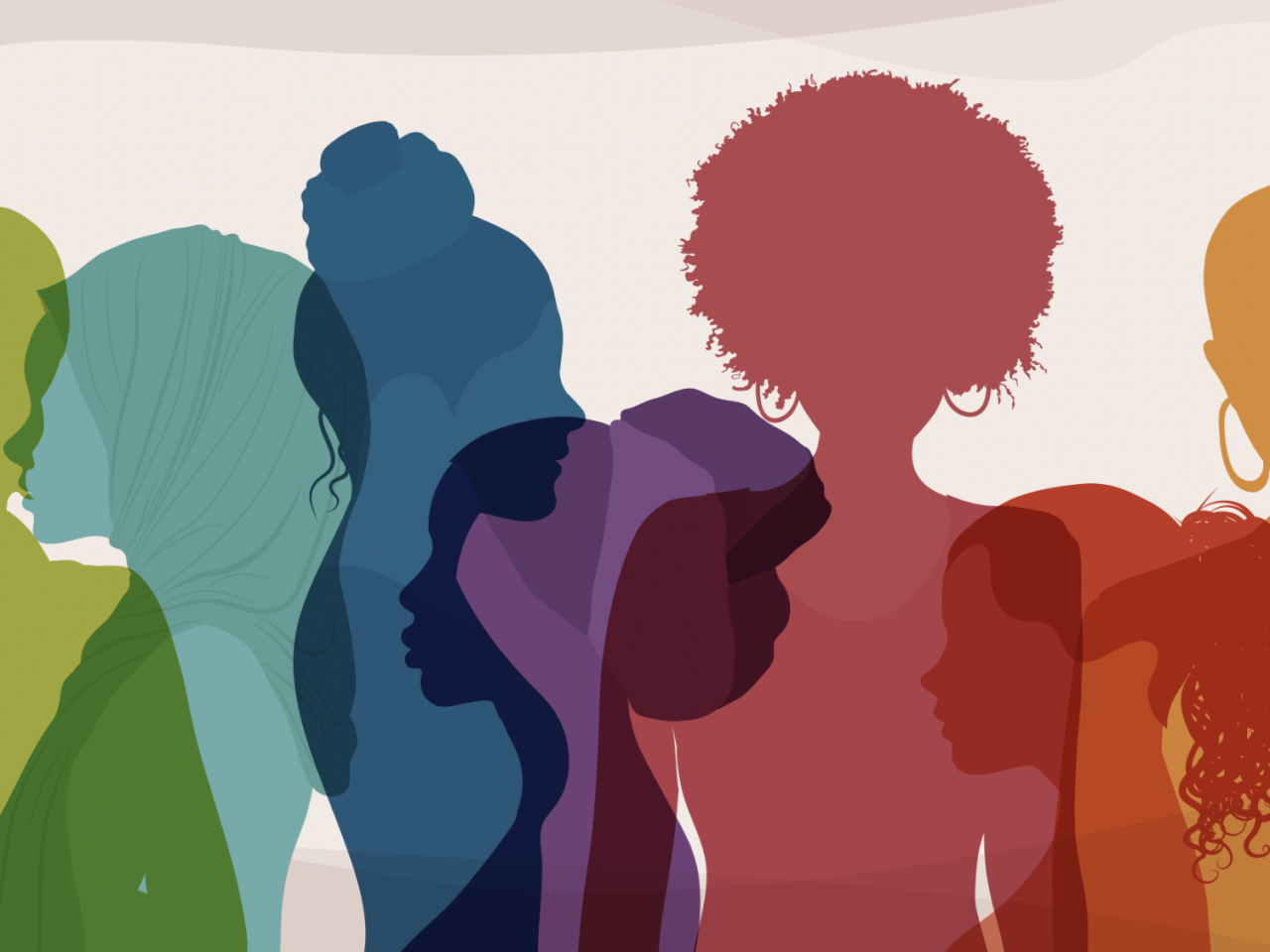Educate the Women, and You Change the World: Investing in the Education of Women

The Global Campaign for Education celebrates International Women's Day in 2024 with the theme "Count her in: Invest in her." The theme is consistent with the UN 68th Commission on the Status of Women (CSW 68), which will investigate pathways to greater economic inclusion for women and girls worldwide. The theme acknowledges that, despite progress, women still face significant barriers to equal economic participation. It calls for ensuring equal opportunities for women and girls to build their capabilities and strengthen their capacity to learn, earn, and lead.
As former UN Secretary-General Bautros-Ghali put it, genuine social development is impossible in the absence of advancements in the status of women. Human rights are not worthy of the name if they exclude the female half of humanity. The fight for gender equality is integral to the global effort to create a more equitable world for all individuals and societies.
The Universal Declaration of Human Rights (UDHR), the UNESCO Convention against Discrimination in Education (CADE), and other collective human rights treaties guarantee that the right to education and lifelong learning without discrimination meets the needs of the most marginalized. Numerous studies have established that allocating resources toward women's education will enhance the well-being of women and their families, address poverty, and stimulate economic expansion. At the heart of achieving gender equality is educating girls and women and removing barriers to education and opportunities for their advancement.
Education policies, programmes, and practices do not explicitly address the gender-related barriers and discriminatory practices that women and girls face in their pursuit of quality education. The focus is confined to the educational attainment of young girls, operating under the assumption that rectifying this will ultimately eradicate disparities for women in the future. The scarcity of gender-transformative provisions in policy initiatives affects engagement with adolescent girls and young women beyond the confines of the classroom and, overall, the achievement of gender equality in and through education. This must be addressed through intergenerational education strategies, in which gender financing is crucial to the immediate empowerment of women and girls. Furthermore, there is a gap in achieving gender equality by 2030, which is due to an alarming lack of funding, with a staggering USD 360 billion annual deficit in gender equality spending.
Political leaders, ministers, parliamentarians, civil servants, and heads of government must commit to Gender Transformative Education and be held accountable for progress. This starts with increasing investment in evidence-based approaches and solutions that have gender equality and inclusive education as a primary objective in formal and non-formal education. Leaders must put gender equality at the heart of education sector plans, budgets, and policies.
Initial education and teacher training are essential to solving women's multiple educational challenges. Well-prepared, well-paid, and supported teachers are the main guarantee of success.
On this occasion, GCE calls for an adequate allocation of the education budget share to focus on equity and sensitivity issues related to achieving gender equality in education and ensuring equal access to all levels of education for women and girls. By recognizing and addressing the intersections of identities and experiences in education, schools, and educational institutions can work towards creating more equitable and inclusive learning environments for all students. This may involve rethinking curriculum and policies to reflect more diverse perspectives and experiences and providing support and resources to students from marginalized communities.
The Global Campaign for Education urges governments to include gender-responsive budgeting to address inequality and ensure that gender education commitments are realized – by ensuring gender-equitable distribution of resources and by contributing to equal opportunities for those previously disadvantaged.
Kindly see the Gender Responsive Advocacy Brief: HERE
In Solidarity.


